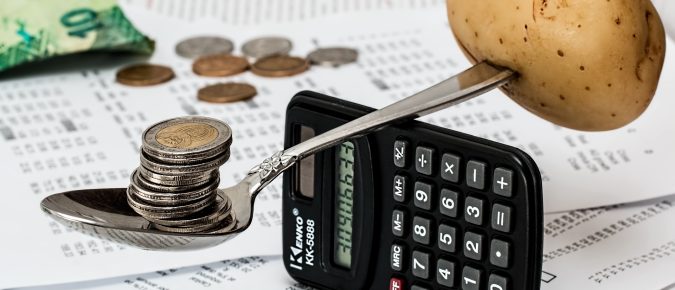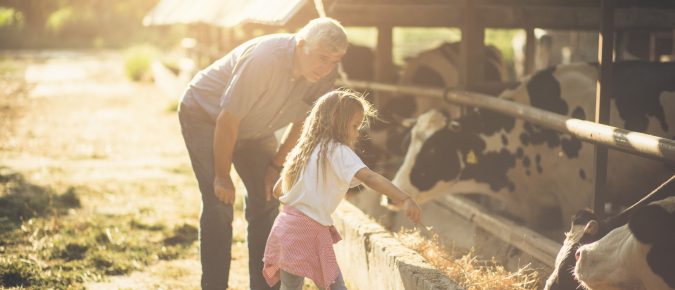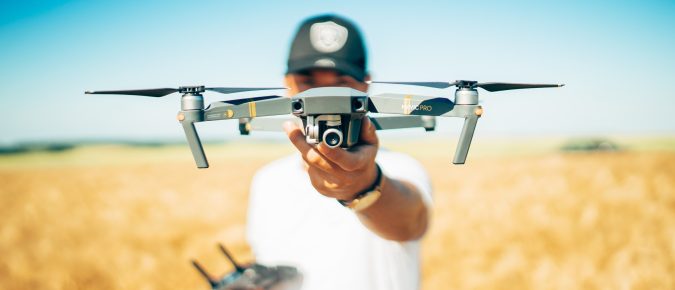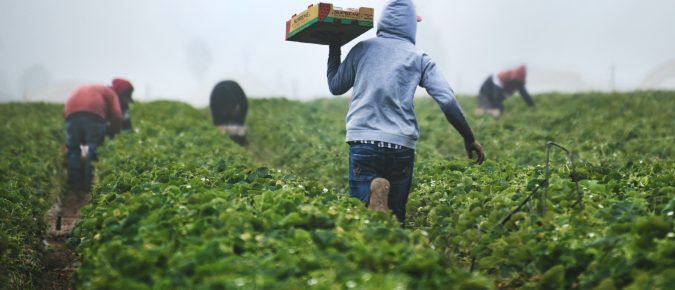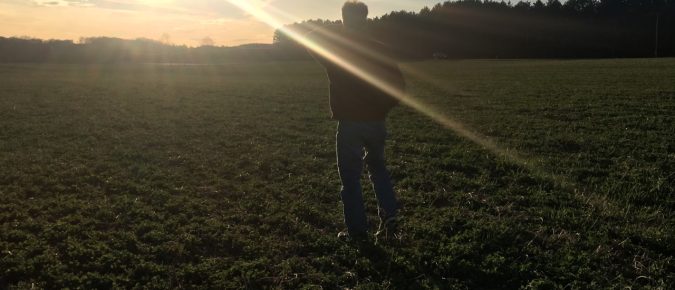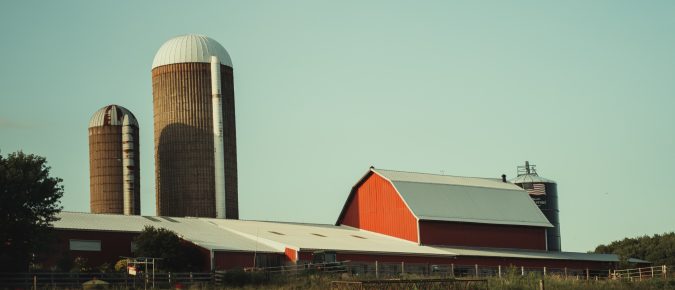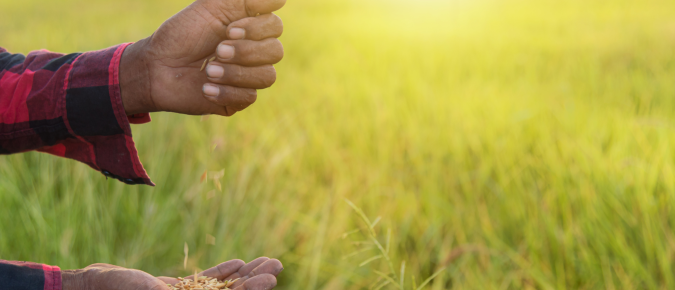The first measure of financial performance is profitability. Profitability is the difference between the value of farm goods produced and the cost of the resources used in the production of those farm goods. In other words, profitability is what’s left after the farm business has paid all of its bills. Profitability measures the financial performance […]
The second measure of financial performance is repayment and replacement capacity. Repayment capacity shows the farm’s ability to repay term debts on time and as they come due. It includes non-farm income so it is not a measure of the farm business performance alone. The two measures used to assess repayment and replacement capacity are […]
The final measure of financial performance is financial efficiency. Financial efficiency shows how efficiently a farm business uses assets to generate income. It also indicates where each dollar of income generated in the farm business has been spent. The four measures used to assess financial efficiency are operating expense ratio, interest expense ratio, depreciation and […]
The first measure of financial position is liquidity. Liquidity is the ability of a farm business to meet the financial obligations as they come due – to generate enough cash to pay family living expenses and taxes and make debt payments on time. The two measures used to assess liquidity are current ratio and working […]
A farm business that has collected and organized their farm records will be able to complete management reports or financial statements. The Farm Financial Standards Council (FFSC – https://ffsc.org/) recommends farmers create four financial statements from which the financial position and performance may be analyzed. These statements include the balance sheet, income statement, statement of […]
Take the next step by exploring the Edible-Alpha® Learning Center Getting Expert Advice When Starting a Farm Business Extension Food Business Development Creating a Value-Added Business Model That Works
Is your tax bill higher than you would like? As a landowner your woodlots are often an overlooked source of cost. Join Darrin Kimbler and Tony Johnson as they discuss the different tax assessment options for woodlots.
The possibility of a next-generation joining the farm can be an exciting time; yet change, even positive change, can be stressful. Farm succession and its many components is sometimes overwhelming for farm families.
The recently released Wisconsin Youth Risk Behavior Survey (YRBS) data from the Wisconsin Department of Instruction, notes that over half of Wisconsin students report significant problems with anxiety, and one-third report problems with symptoms of depression in the last year.
Automation and technological advances offer many opportunities to increase labor efficiency and productivity, but they also carry risks and large costs.
The takeaways of this video are: What is a business model? How can you use the business model canvas to flesh out your business idea? And how do you explain the value that you bring?
Entrepreneurship supports the overall higher GDP for cities and counties, and it’s an opportunity to support underserved and marginalized populations to get out of poverty and reduce their dependence on welfare. Entrepreneurs tend to also be able to provide a lot of innovative products as well as services. Often they will fill niches that may not exist in the community, such as ethnic grocery stores.
Having financial statements (balance sheets and income statements) is a first step towards financial management decision-making. However, it is the next step that makes a difference in future profitability and that is analyzing the financial story being told by the financial statements and making decisions on where to spend management time to improve future profitability.
First impressions matter! Consider the welcome your farm is giving to new hires on their all-important first day at work. Join Jim Versweyveld, Farm Management Outreach Specialist to learn valuable employee onboarding tips. Improve the retention odds on your farm by putting a plan in place to improve the employee onboarding experience. First impressions matter
The first step in determining the feasibility of a business idea is objectively defining what success looks like, preferably using measurable numbers. Unsurprisingly, time and money tend to be most people’s biggest constraint.
Every day, farmers and farm families face financial challenges, demands of the job, and changes outside of their control that impact their lives and livelihoods. Market volatility for inputs and outputs, access to labor, challenging weather conditions, and the pressure to grow and modernize are underlying drivers of this occupational stress.
Every day, farmers and farm families face financial challenges, demands of the job, and changes outside of their control that impact their lives and livelihoods. Market volatility for inputs and outputs, access to labor, challenging weather conditions, and the pressure to grow and modernize are underlying drivers of this occupational stress.
Join Kaitlyn Davis, Agriculture Outreach Specialist, Mia Ljung Community Development Educator for Outagamie & Winnebago Counties, Alison Volk Land Protection Projects Deputy Director for American Farmland Trust and Bonnie Warndahl Land Access Navigator as they discuss alternative ways landowners can transfer their land, protect their legacy, and provide opportunities for the future farmer. The “Making […]

